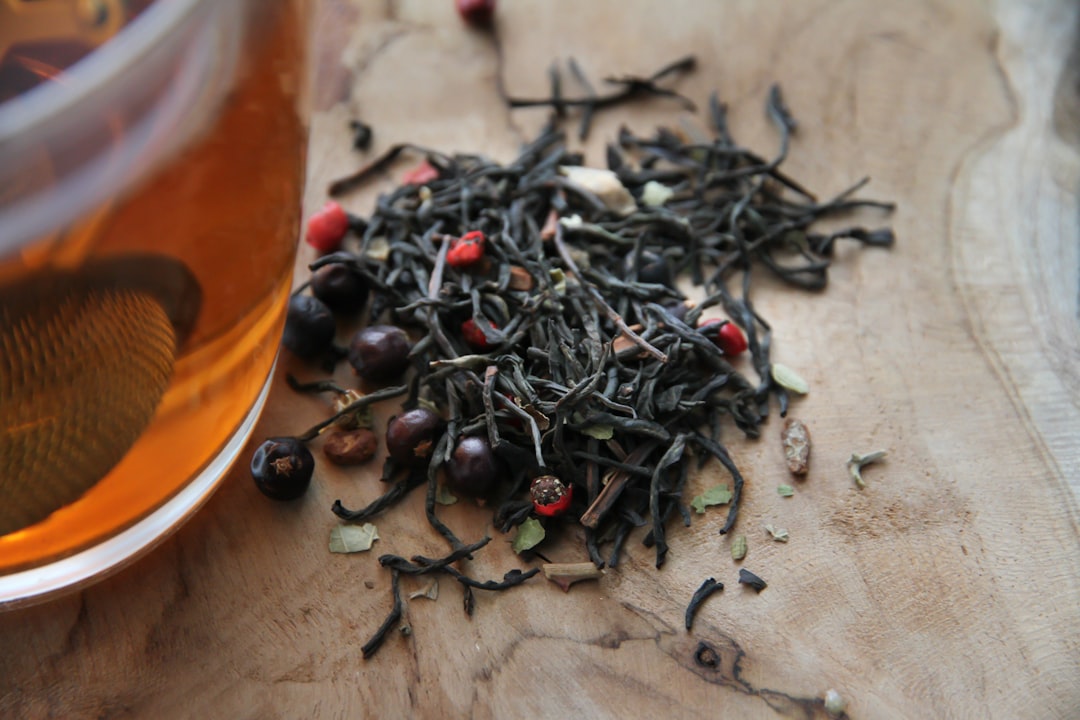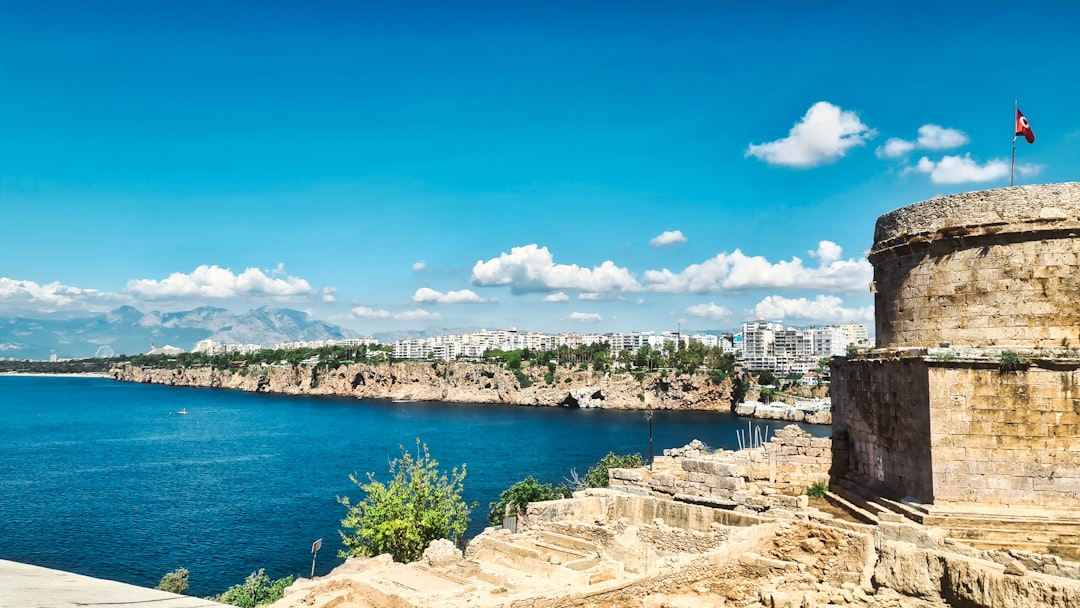Introduction to Turkey’s Cultural Richness
Turkey is a land where East meets West,-a vibrant tapestry woven with history, culture, and traditions. The cultural wonders of Turkey offer travelers a unique opportunity to delve into the richness of its heritage. From mesmerizing festivals to ancient customs, this country is filled with experiences that speak volumes of its unique identity. Join us as we explore the breathtaking landscapes and celebrate various traditions that define this beautiful nation.
The Historical Tapestry of Turkey
Turkey’s history is as rich as its landscapes. Every corner of this vast country tells stories that have shaped its identity over millennia; from the remains of ancient Roman cities in Ephesus to the Byzantine architecture of Istanbul’s Hagia Sophia, Turkey’s past is a captivating book waiting to be read. Consequently, the cultural wonders are a product of the influence of various civilizations. Each group that settled in Turkey contributed to the diverse culture that exists today, making it a fascinating subject of study for historians and tourists alike. In addition to its ancient monuments, Turkey’s history is perpetuated through its lively neighborhoods, bustling bazaars, and traditional crafts.
Key Historical Landmarks
Throughout Turkey, you can visit stunning landmarks, including:
- Hagia Sophia: Initially built as a cathedral, then a mosque, and now a museum, this architectural marvel stands as a symbol of Turkey’s complex history. The intricate mosaics and impressive dome are testament to the grandeur of its past.
- Topkapi Palace: The former residence of Ottoman sultans, Topkapi Palace offers insights into the opulence of the Ottoman Empire, letting visitors experience royal life through lavish rooms and impressive collections of art and artifacts.
- Cappadocia: Known for its striking rock formations and hot air balloon rides, this area holds ancient underground cities and fairy-tale landscapes, capturing the imagination of all who visit.
Festivals That Celebrate Turkey’s Culture
One of the best ways to experience Turkey’s culture is to participate in its vibrant festivals. Every year, numerous festivals take place, each showcasing different aspects of the local heritage, art, and religion. These celebrations reflect the diverse cultural fabric of Turkey, bringing communities together and providing an unforgettable experience for attendees.
1. Istanbul Music Festival
Held annually, this event brings together renowned musicians and performers from around the world. It is a celebration of classical music set against the backdrop of Istanbul’s stunning historical architecture, providing a feast for both the ears and the eyes. As part of this festival, visitors can also explore the integration of music into local culture through workshops and educational programs that aim to inspire future generations of musicians.
2. The Tulip Festival
Every spring, Istanbul blooms with colorful tulips during the Tulip Festival. This vibrant event celebrates the rich floral heritage of Turkey and showcases thousands of tulip varieties in parks and gardens across the city. Visitors can wander through expansive fields bursting with color, attend cultural performances, and enjoy traditional Turkish snacks while soaking in the beauty of nature. The Tulip Festival represents the historical significance of the flower in Turkish culture, often linked to the Ottoman Empire.

The Tulip Festival showcases the rich history and passion for horticulture that has defined the landscape of Turkey for centuries.
3. Whirling Dervishes Ceremony
This mystical ceremony performed by the Sufi order symbolizes the spiritual journey towards self-discovery and presents visitors with a glimpse of Turkey’s rich spiritual heritage. Attention is drawn not just to the performance, but also to the philosophy behind the dance—a dance of love and devotion that inspires deeper connections with oneself and others.
Experiencing a Whirling Dervish ceremony offers profound insights into the ethos of Turkish spirituality.
Unique Turkish Customs and Etiquette
Turkey’s customs are deeply rooted in its history and often reflect its hospitality. Travelers in Turkey may discover various norms that enrich their experience and understanding of the local culture. Being aware of these etiquette sentiments can make for a more rewarding visit, as locals will appreciate a guest’s efforts to engage in their traditions.
1. Turkish Tea Culture
Tea is an essential part of Turkish life. Sharing a cup of tea with friends and family is an act of hospitality that transcends mere beverage consumption; it symbolizes community and friendship. Visitors are often welcomed with tea, which serves as a natural conversation starter and an opportunity to learn more about the traditions and daily life of the locals.
2. Feast of Sacrifice (Kurban Bayramı)
This important religious festival commemorates Abraham’s willingness to sacrifice his son. It is marked by families coming together and sharing meals, reinforcing the importance of community and generosity throughout the country. The festivals are filled with prayer, and families often partake in charitable acts by distributing meat to those in need, spreading the spirit of giving.
3. Greeting Customs
When greeting someone, it is customary to shake hands and exchange pleasantries. During visits, offering guests coffee or tea is a typical sign of hospitality. Moreover, it’s common to express gratitude by complementing food and asking about the preparation. This practice fosters a more personal interaction, enhancing the warmth of Turkish hospitality.
Exploring Turkey’s Scenic Landscapes
Turkey is blessed with diverse scenery, from breathtaking coastlines to majestic mountains and open plains. Each region offers distinct cultural experiences shaped by its geography. These landscapes are not only beautiful but also provide essential cultural context, seamlessly blending nature and human activity.
1. The Aegean Coast
Famous for its stunning beaches and ancient ruins, the Aegean Coast is charming. Towns like Bodrum and Fethiye are known for their picturesque beauty, vibrant nightlife, and delicious seafood. Additionally, visitors can explore ancient sites such as Ephesus and the Temple of Artemis, marveling at their historical significance while enjoying the sun on beautiful shores.
2. The Black Sea Region
This area is renowned for its lush greenery, tea plantations, and the traditional wooden houses of the historic towns, providing a completely different Turkish atmosphere. The Black Sea region’s unique climate supports a rich biodiversity and offers visitors a chance to experience local festivals celebrating agricultural yields, particularly tea harvesting.
3. Cappadocia’s Fairy Chimneys
Cappadocia’s surreal rock formations are illustrated above through hot air balloons creating a magical experience. This destination is not only about breathtaking views but also rich with history, as many caves and rock-cut churches still exist today. Visitors can hike through the valleys, take a hot air balloon ride at dawn, or stay in a traditional cave hotel for a truly unique experience.
Conclusion & Call to Action
Turkey is a land of cultural wonders waiting to be explored by travelers seeking unique experiences. The stunning landscapes, rich history, and passionate festivals reflect the captivating heart of this country. With so much to see and do, it’s a journey that enriches the soul and broadens horizons. Explore more about Turkey’s cultural gems through curated tours and packages from trusted providers by visiting:
- Viator for a wide range of local tours.
- GetYourGuide for unique experiences tailored for every traveler.
- G-Adventures for immersive travel experiences.
In conclusion, immersing yourself in Turkish culture not only enhances your travel experience but also connects you to a world that is rich in history and alive with traditions. Whether you find yourself enjoying a lively festival in Istanbul, savoring local culinary delights, or marveling at ancient ruins, Turkey promises an unforgettable adventure that celebrates the beautiful convergence of diverse cultures.










